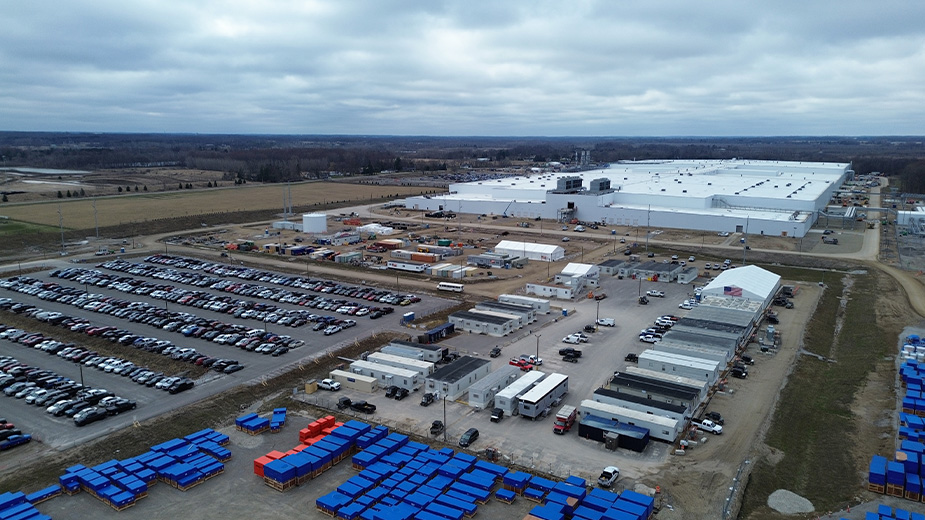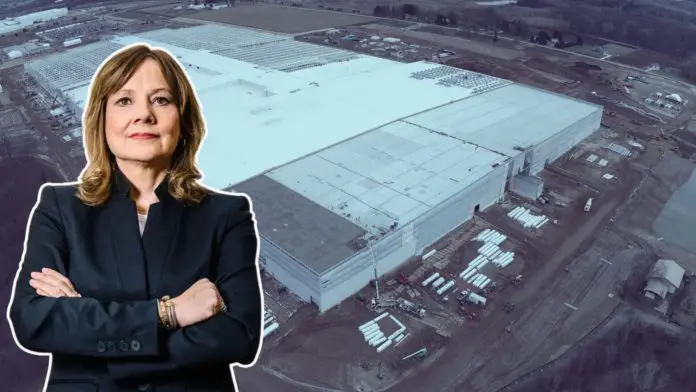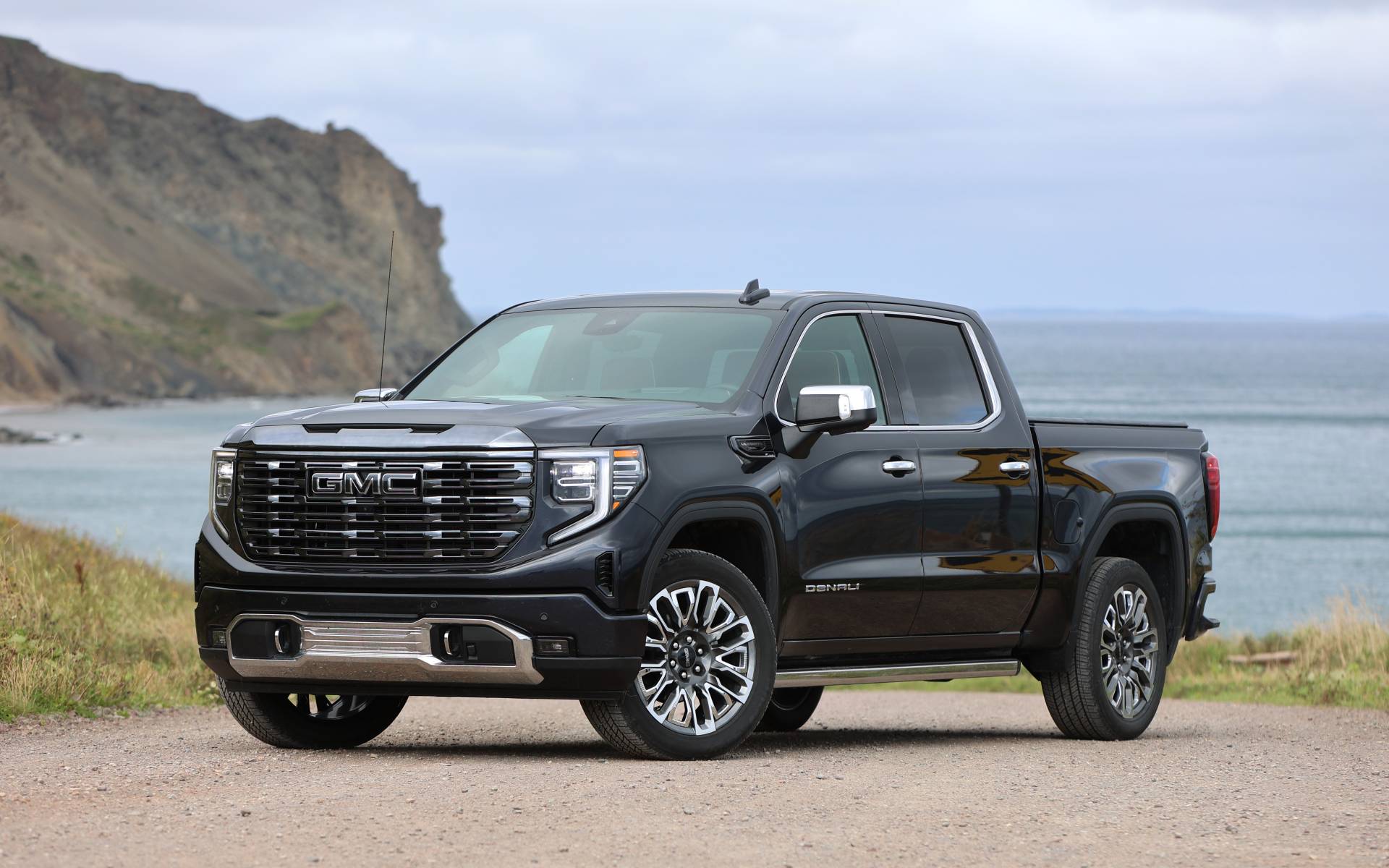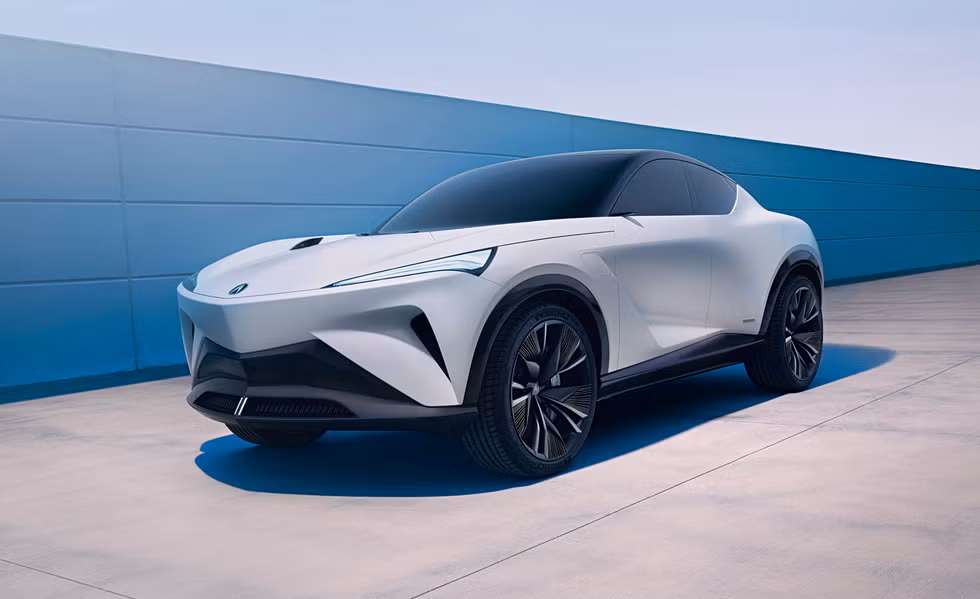In a pivotal strategic move, General Motors (GM) has decided to relinquish its ownership stake in the Ultium Cells battery plant located in Lansing, Michigan. The automaker announced on Monday that it will sell its share of the facility—still under construction—to its joint venture partner, LG Energy Solution.
This decision aligns with GM’s broader strategy of optimizing capital allocation to ensure production capacity matches market demand. As GM Chair and CEO Mary Barra emphasized earlier this year, the company is taking a more cautious approach to investments while accelerating its transition to electric vehicles (EVs).
Why GM is Selling Its Stake
GM’s rationale for selling its stake revolves around confidence in its existing battery production capabilities. The automaker believes its two operational Ultium Cells battery plants—one in Warren, Ohio, and the other in Spring Hill, Tennessee—are sufficient to meet the current and near-future demands for its electric vehicle lineup.
These facilities already supply battery cells for key GM EVs, such as:
- Chevrolet Silverado EV
- GMC Sierra EV
- Cadillac Lyriq
- Chevrolet Blazer EV
- Chevrolet Equinox EV
- GMC Hummer EV (pickup and SUV variants)
“GM’s EV profitability is advancing rapidly, thanks to strategic U.S.-based battery cell production with LG Energy Solution,” stated GM CFO Paul Jacobson. “We are confident in our manufacturing capabilities and the scalability of our operations to support the evolving EV market in a cost-effective manner.”

Details of the Transaction
GM will sell its investment in the Lansing plant to LG Energy Solution, which plans to utilize the facility to produce battery cells for a different automaker. Although details about the buyer remain undisclosed, GM spokesperson Kevin Kelly confirmed that LG Energy Solution will begin installing equipment for the new customer immediately.
The deal is expected to close in the first quarter of 2025. While GM has not disclosed the exact sale amount, reports suggest that LG Energy Solution will reimburse GM approximately $1 billion to cover its initial investment.
Importantly, this transaction does not affect GM’s partnership with LG Energy Solution in other ventures, including their Ultium Cells joint venture. The Lansing facility will remain a critical part of LG’s plans to expand battery cell production capacity in North America.
Job Creation and Facility Updates
The Lansing battery plant, originally announced in January 2022, was part of GM’s larger $7 billion investment across Michigan manufacturing facilities. The plant was expected to create 1,700 new jobs upon its opening in late 2024.
While GM’s direct involvement in the Lansing plant has shifted, sources close to the transaction indicate that LG Energy Solution is committed to maintaining the job creation target. Currently, the facility employs nearly 100 workers, with hiring expected to ramp up as operations progress.
“LG Energy Solution will leverage the nearly completed Lansing facility to begin equipment installation and production preparations,” Kelly said.

A Focus on New Battery Technology
In tandem with the sale, GM and LG Energy Solution are expanding their 14-year partnership to include the development of prismatic battery cells. This marks a significant evolution in GM’s battery strategy, as the company seeks to diversify its battery technologies to improve EV performance and lower production costs.
Currently, GM’s battery plants produce pouch cells, which are compact and flexible but require complex manufacturing processes. Prismatic cells, on the other hand, are flat, rectangular, and housed in a rigid casing. They offer several advantages:
- Higher energy density: Prismatic cells can store more energy in a smaller footprint.
- Reduced manufacturing costs: They are easier and faster to produce, with fewer components needed.
- Space efficiency: Their rectangular shape allows for better packaging within battery modules and packs.
“Optimizing battery technology is essential for improving EV performance, safety, and affordability,” said Kurt Kelty, GM’s vice president of battery cell and pack. “The expansion of our partnership with LG Energy Solution is a vital step toward achieving these goals.”
What’s Next for GM and LG Energy Solution?
GM will continue relying on its Ultium Cells plants in Ohio and Tennessee for pouch cell production while exploring prismatic cells as part of its future EV strategy. The timeline for prismatic cell production has not been disclosed, but GM aims to integrate these advanced batteries into its upcoming EV models.
As for the Lansing plant, LG Energy Solution is poised to take full control, with plans to begin production under its new arrangement soon after the transaction closes. The facility, located on 590 acres near GM’s Lansing Delta Township Assembly plant, represents a cornerstone of LG’s strategy to bolster its North American battery manufacturing footprint.
“By acquiring this plant, LG Energy Solution strengthens its ability to respond to growing EV demand from global automakers,” said Sophia Kim, an LG Energy Solution spokesperson.

GM’s decision to sell its stake in the Lansing battery plant underscores the automaker’s commitment to a lean, strategic approach to EV production. By focusing on its existing facilities and exploring advanced battery technologies, GM is positioning itself as a leader in the EV market while adapting to changing market dynamics.
Meanwhile, LG Energy Solution’s acquisition of the Lansing plant signals its dedication to expanding its North American operations and meeting the needs of global automakers. As the EV market continues to grow, partnerships like that of GM and LG Energy Solution will play a pivotal role in shaping the future of sustainable mobility.




